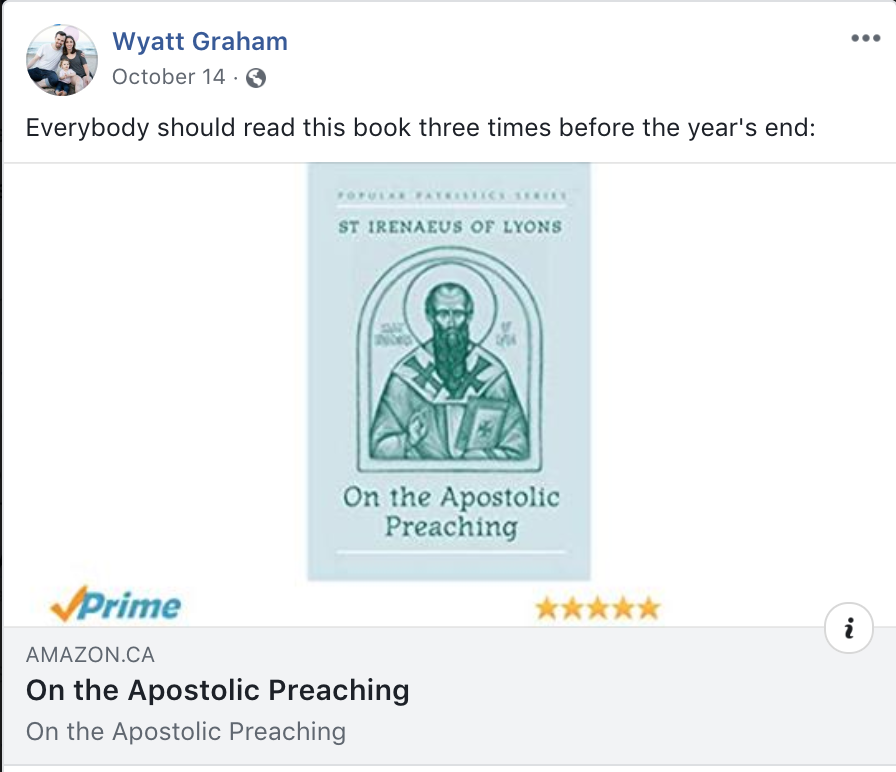What can, or should we believe today? What is the truth in a pluralistic world? Pluralism is simply a state in which competing authorities exist. This has implications for politics, for society and for religion. One major implication is that in a pluralistic world there is competition for truth. What a uniform culture may believe universally to be good and right and true, might not be accepted by many in a pluralistic culture.
As cultural Christianity (at least in theory a uniform authority) has collapsed in the West, pluralism, especially religious pluralism, is reflected in the culture today. There are different social, religions, and atheistic philosophies competing for space in the marketplace of ideas in today’s Western nations. What does this mean on the ground?






 Having taken up his challenge, I read the book through twice. Now on my third time I am analysing it a little more deeply.
Having taken up his challenge, I read the book through twice. Now on my third time I am analysing it a little more deeply.

